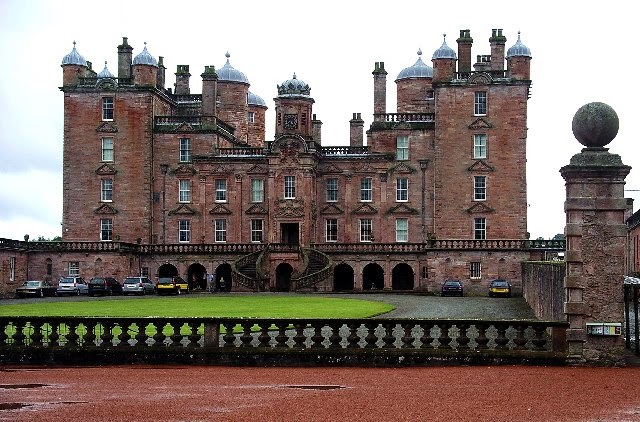Response to the Government's consultation anent land reform
Simon Brooke Standingstone Farm Auchencairn DG7 1RF (simon@journeyman.cc)
Preamble
Nae dykes stood when this land was new
An when enclosit for the few
On ilka barn the red cock crew
The new big't dykes we overthrew
I tell ye, swear ye, this is true
And though thae dykes are raised anew
As we did then sae we can do
It's time tae rise as levellers again.
Weapons of mass destruction, and defence in the modern world
 Dear Russell Brown
Dear Russell Brown
In the days when I was a supporter of the Labour Party, the Labour Party stood for unilateral nuclear disarmament. I'm older than you, but I'm sure that you, too, joined a Labour Party was committed to peace and to reducing the world's burden of weapons of mass destruction.
I know that many casuists in your party now will mouth platitudes about multilateral disarmament, but you know as well as I do that politicians have mouthed those platitudes for seventy years, and nothing has changed. For change to happen, someone has to make a bold first step.
Farewell, Godfrey. Requiescet in pace

We buried Godfrey today, or at least consigned him to the flame. To everyone who was there, I apologise for not staying longer at the wake, but I think you all know how bad I am with crowds.
I'm startled and unsettled at how upset I am.
Heritability and taxation

The more I've thought about land reform over the past few months, the more convinced I've become that the heritability of land is the key to the problem.
People need security of where they live; it isn't good for anyone to live under threat of eviction from their home. Management of land is a long term issue. It's easy to make good profits out of land in the short term by depleting its long term capital of topsoil and nutrients; at the same time, Scotland needs productive, sustainable agriculture. So farmers should be confident they have their land in the long term. Many other enterprises, which employ many people and contribute significantly to the wealth of the nation, depend on capital plant which is built at a fixed location and cannot be conviently or economically relocated.
The Levellers Rant — just the verse
[I originally posted the Levellers Rant eight months ago, following the death of Margaret Thatcher, as part of a long essay. Go there for the background, and the arguments, behind it. But I've found as time has passed that I think about it more and more. It's rough, demotic verse at best; but yet it says a great deal of what I have to say.]

Ilk' pauper pays their Vee Aye Tee On aa they need tae live or dee Fae whilk the lairds aa dip their fee Their 'agriculture subsidy' On land they lang syne stole fae ye Land that they haud, whit's mair, scott free Sall we bide douce, an let this be? It's time tae rise as levellers again
